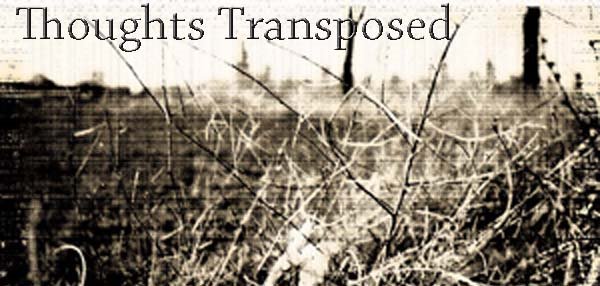While laid up sick on the couch this weekend, I had a chance to catch up on my DVD queue. Two movies were in line for me to watch and the irony of these films hasn't eluded me. The first was "As We Forgive", recommended to me by my executive director.
When I go to conferences, read books, blogs, magazine articles about reconciliation I wait for someone to dose out the real deal. All to often, I have been disappointed by the diplomacy that has often won out in the conversation. By contrast, this film is not for those that were enjoying diplomatic answers to their questions on reconciliation. The film strips the cliche from these words - "reconciliation" and "forgiveness" - and returns with a definition that's raw, straight, tough. Humanly speaking, there is no such thing as reconciliation nor forgiveness. As one blogger pointed out, it's only a living God that could touch hearts turned to stone by pain and give that heart the capacity to forgive. It's a supernatural phenomenon that can only be explained as such.
Secondly, I watched "Before the Rain"...
This was the first Macedonian film to ever be nominated for an Oscar. The film explores that start of violence in the Balkans with a fictional story that could, by all intents and purposes, be true. The story takes place amidst the political turbulence of the Balkans alongside contemporary peace in London, with three love stories that intertwine to create a powerful portrait of modern Europe. When a mysterious incident in the fabled Macedonian mountains blows out of proportion, it threatens to start a civil war, and brings together a silent young monk, a London picture editor, and a disillusioned war photographer. Told in three parts, and linked by characters and events, the film explores the seemingly uncompromising nature of war as it ravages the lives of the unsuspecting, and forces the innocent to take sides.
Perpetrators of civil war can be so convincing of the compulsorily cyclical nature of the battle. Manchevski, however, fights this notion with his own premise the circle is not round. A Macedonian reviewer made this observation about the film: "In every end [of each of the three stories] there is a change. A change which always makes the new beginning worse. In a way it is like a spiral. And Manchevski is smartly telling three stories. They are not [quite] linear...With the last episode he connects the three stories, and you can feel the message - his message [that war doesn't have to be cyclical]" Violence is like spirals and at the end of each, the persons involved have a choice in perpetrating violence or to believe in the possibility of the supernatural, making space for its intervention.
These two films are poignant showcases the potential before and after ethnic genocide.
Monday, February 16, 2009
Subscribe to:
Post Comments (Atom)


No comments:
Post a Comment